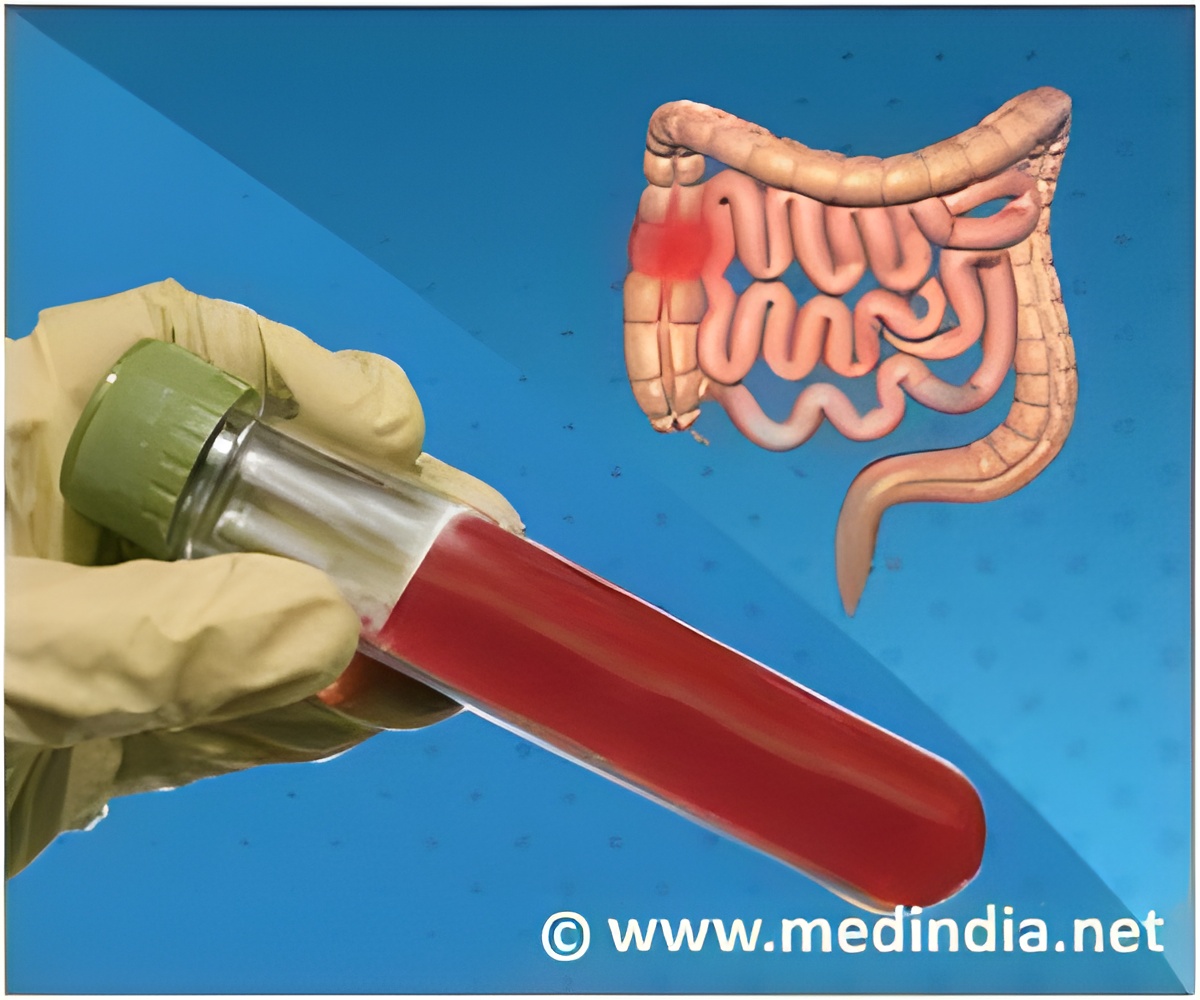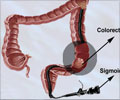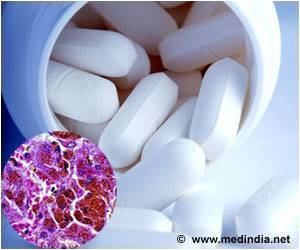Adherence rates of annual fecal occult blood testing (FOBT) for colorectal cancer increased in vulnerable populations with a multipart intervention.

Author: David W. Baker, M.D., M.P.H., of the Feinberg School of Medicine at Northwestern University, Chicago, and colleagues.
Background: The vast majority of CRC screening in the U.S. is by colonoscopy, although studies suggest that FOBT can achieve similar reductions in CRC mortality. Colorectal cancer screening rates are lower among Latinos and people living in poverty. Expanded use of FOBT testing my help reduce disparities in CRC screening that persist because of income, education, race/ethnicity, language, and insurance coverage.
How the Study Was Conducted: The authors examined the effectiveness of a multipart intervention that involved mailing a FOBT kit to patients' homes and following up with automated telephone and text reminders. If the FOBT was not completed in three months, patients received a personal call. The study included 450 patients who had previously completed a home FOBT and had a negative result: 72 percent of the participants were women, 87 percent were Latino, 83 percent used Spanish as their preferred language and 77 percent were uninsured. Patients were divided into two groups: 225 patients to usual care (including computerized reminders and standing orders for medical assistants to give patients home FOBT tests) and 225 patients to the intervention.
Results: Intervention patients were more likely (82.2 percent vs. 37.3 percent) than patients who received usual care to complete FOBT. Of the 185 patients who completed screening, 10.2 percent completed prior to their due date (intervention was not given), 39.6 percent within two weeks (after initial intervention), 24 percent within two to 13 weeks (after automated call/text reminder) and 8.4 percent between 13 and 26 weeks (after receiving a personal call). The estimated cost of the intervention was $34.59 per patient. Only 59 percent of patients with a positive FOBT completed a diagnostic colonoscopy.
Discussion: "Despite the success of this intervention at increasing adherence to annual FOBT, the hope that this strategy might be used in the future to reduce disparities in CRC mortality must be tempered by the fact that only 17 of 29 patients with a positive FOBT result completed diagnostic colonoscopy (59 percent)," which was offered to patients for free along with access to transportation.
 MEDINDIA
MEDINDIA




 Email
Email










